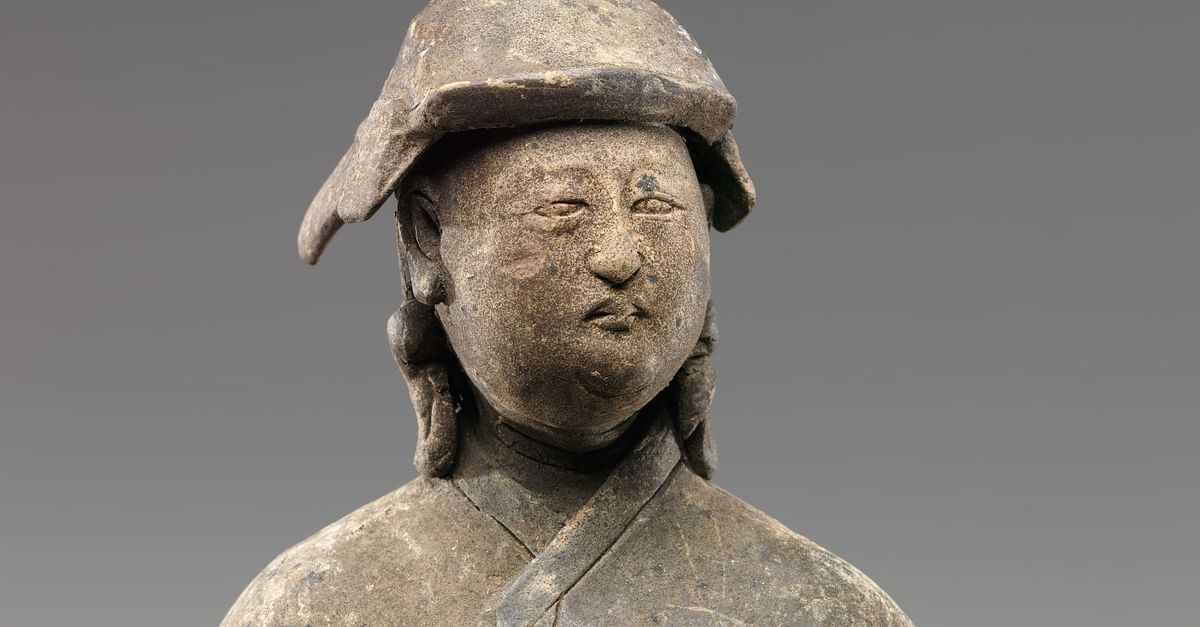
Ever wondered about the mighty Yuan Dynasty that once ruled over China? Well, you're in for a treat! This fascinating period in history, established by the Mongol Empire under the leadership of Kublai Khan, is a treasure trove of intriguing facts and stories. From its unique position as a bridge between East and West to its remarkable contributions to culture, technology, and governance, the Yuan Dynasty's legacy is as vast as the empire itself. Did you know that the Yuan Dynasty was the first foreign dynasty to rule all of China? That's right! And there's more where that came from. So, buckle up as we journey back in time to uncover the 16 best facts about the Yuan Dynasty that will surely leave you amazed. From its grand capital to its influence on trade and exploration, get ready to be wowed by the rich tapestry of history that this period weaves.
Origins of the Yuan Dynasty
The Yuan Dynasty, established in 1271 by Kublai Khan, grandson of Genghis Khan, marked a significant era in Chinese history. This period was characterized by both Mongol rule and the unification of China under a foreign power for the first time. Kublai Khan's proclamation of the dynasty symbolized a new chapter, blending Mongol military prowess with Chinese administrative practices.
- Kublai Khan declared the start of the Yuan Dynasty after his conquest of the Southern Song Dynasty, effectively unifying China.
Cultural and Technological Advancements
Under Yuan rule, China experienced significant cultural and technological growth. The dynasty was known for its openness to foreign cultures, which led to an influx of new ideas, goods, and technologies. This period saw the introduction of paper money as a primary currency and the establishment of the first unified Chinese postal system.
-
The Yuan Dynasty was instrumental in the development of paper money, revolutionizing the Chinese economy.
-
A comprehensive postal system was established, enhancing communication across the vast empire.
The Capital: Dadu
Kublai Khan established Dadu, present-day Beijing, as the capital of the Yuan Dynasty. This move not only centralized power but also laid the foundation for Beijing's status as a political and cultural center in China.
- Dadu (Beijing) became the heart of the Yuan Dynasty, reflecting Kublai Khan's vision for a unified and powerful empire.
The Silk Road under Yuan Rule
The Silk Road, a network of trade routes connecting the East and West, flourished under the Yuan Dynasty. The Mongol Empire's control over vast territories facilitated safer and more efficient trade and cultural exchange between Asia and Europe.
- The Yuan Dynasty played a crucial role in revitalizing the Silk Road, boosting trade and cultural exchanges between continents.
Yuan Dynasty's Architectural Marvels
The Yuan Dynasty left behind an impressive architectural legacy, including the expansion of the Grand Canal and the construction of the famous Yuanmingyuan, or the Old Summer Palace, which would become a symbol of Chinese imperial power and artistic achievement.
-
The expansion of the Grand Canal during the Yuan period significantly improved transportation and trade within China.
-
The construction of the Yuanmingyuan set a precedent for Chinese imperial architecture.
The Role of Foreigners in Yuan Society
Kublai Khan's policies promoted the employment of foreigners in high government positions, believing they were more trustworthy since they had no local allegiances. This led to a diverse and cosmopolitan court, attracting talents from across Eurasia.
- Foreigners often held high positions in the Yuan government, contributing to its diverse and cosmopolitan nature.
The Decline of the Yuan Dynasty
Despite its achievements, the Yuan Dynasty faced numerous challenges, including peasant rebellions, administrative corruption, and natural disasters. These issues, compounded by the dynasty's failure to win the loyalty of the Chinese populace, eventually led to its downfall.
-
The Red Turban Rebellion, fueled by discontent among the Chinese populace, significantly weakened the Yuan Dynasty.
-
Economic troubles and natural disasters further destabilized the dynasty, paving the way for its eventual collapse.
Legacy of the Yuan Dynasty
The Yuan Dynasty's influence extended far beyond its reign. It significantly impacted Chinese art, literature, and theater, with the classical Chinese novel "The Romance of the Three Kingdoms" being revised and popularized during this period. Moreover, the dynasty's policies and reforms laid the groundwork for future dynasties.
-
The Yuan Dynasty had a lasting impact on Chinese literature, with works like "The Romance of the Three Kingdoms" reaching their classic form.
-
Yuan Dynasty reforms and policies influenced the administrative practices of subsequent Chinese dynasties.
Yuan Dynasty's Global Influence
The Yuan Dynasty's establishment marked the beginning of a new era in global history. Its rule over the Mongol Empire, which stretched across Eurasia, facilitated unprecedented cultural and economic exchanges between the East and West, shaping the course of world history.
-
The Yuan Dynasty's rule contributed to the first truly global age, connecting distant parts of the world through trade and cultural exchange.
-
Through its control of the Silk Road, the Yuan Dynasty played a pivotal role in the history of globalization.
The End of Mongol Rule in China
The fall of the Yuan Dynasty in 1368 led to the rise of the Ming Dynasty, which was founded by Zhu Yuanzhang, a former monk who became a rebel leader. This transition marked the end of Mongol rule in China and the restoration of Han Chinese governance.
-
Zhu Yuanzhang's rise to power and the establishment of the Ming Dynasty marked the end of Mongol rule and the beginning of a new era in Chinese history.
-
The legacy of the Yuan Dynasty, with its blend of Mongol and Chinese elements, continued to influence China long after its fall, shaping the nation's cultural and historical landscape.
A Final Glimpse at the Yuan Dynasty
We've journeyed through the corridors of time to uncover the rich tapestry of the Yuan Dynasty. From its inception under the leadership of Kublai Khan to its significant contributions to culture, economy, and global exploration, this era left an indelible mark on history. The dynasty's innovative approaches to governance, its openness to foreign cultures, and advancements in various fields laid down the groundwork for future generations. As we reflect on these fascinating facts, it's clear that the Yuan Dynasty wasn't just a period of Mongol rule in China but a pivotal moment that shaped the course of world history. Its legacy, woven into the fabric of today's cultural and technological advancements, continues to inspire and inform. Now, as we step back into the present, let's carry forward the lessons and the wonder sparked by this remarkable chapter in human civilization.
Was this page helpful?
Our commitment to delivering trustworthy and engaging content is at the heart of what we do. Each fact on our site is contributed by real users like you, bringing a wealth of diverse insights and information. To ensure the highest standards of accuracy and reliability, our dedicated editors meticulously review each submission. This process guarantees that the facts we share are not only fascinating but also credible. Trust in our commitment to quality and authenticity as you explore and learn with us.


